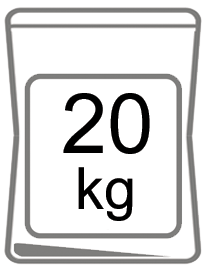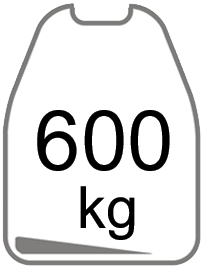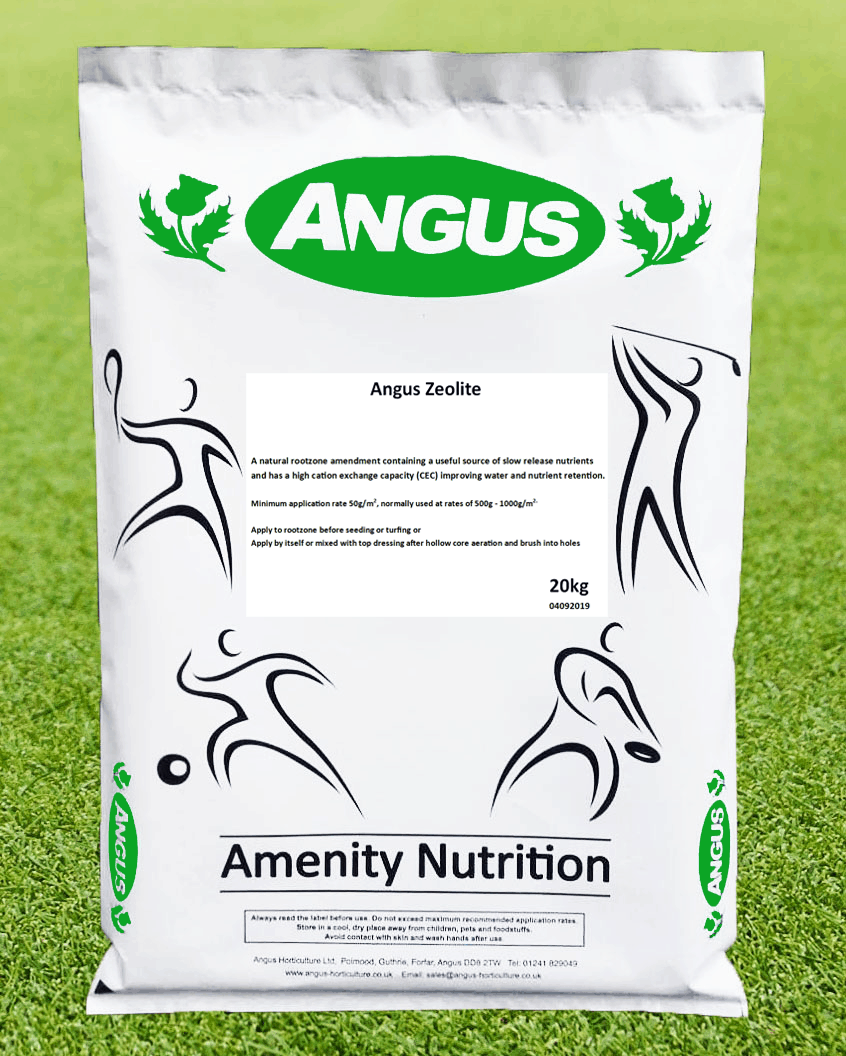Angus Zeolite
Angus Zeolite
Angus Zeolite is a natural, basaltic volcanic ash which has a high cation exchange capacity [CEC]. It contains a range of major and micro elements. Clinoptilolite can capture the substance of solid, liquid and gas phase in its large internal adsorption surface. The dimensions of the channels are large enough to enable molecule as big as few tenth of a nanometer to penetrate, while small enough not to capture large complex molecules such as amino acids, vitamins and other biological macromolecules. The Grid of clinoptilolite acts as a selective adsorption sieve that some molecules escape and others will not.
Angus Zeolite offers the following benefits:
• Improves Cation Exchange Capacity [CEC] in root zone
• Prevents leaching of nutrients, holding on to nutrients that plants can access
• Water retentive, holding on to water and releasing water to plants at times of greatest need
• Introduces and contains beneficial oxygen to the root zone
• Improves drainage and permeability in the root zone
• Encourages vigorous rooting
• Easy application of 0.5 – 1mm, 1-2.5mm or 2-4mm particles
• Contains potassium, calcium and magnesium
• Neutral pH +/-7
• Easily incorporated into mini granular fertilisers on request
Angus Zeolite: naturally occurring hydrated alumino-silicate of alkaline metals and alkaline earth metals of volcanic origin. The structure of clinoptilolite consists of three-dimensional grid which consists of Silicate tetrahedrite (SiO4)4- each interconnected via oxygen atoms; the atoms of silicon is replaced by aluminum (AlO4)5- way, creating a characteristic spatial structure with a significant incidence of cavities, interconnected by channels, in which metal cations, or water molecules are stored. Experiments show that by adding 15% Angus Zeolite to sand the water holding capacity increases by 45-50%.



